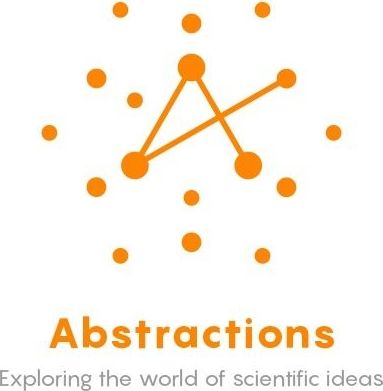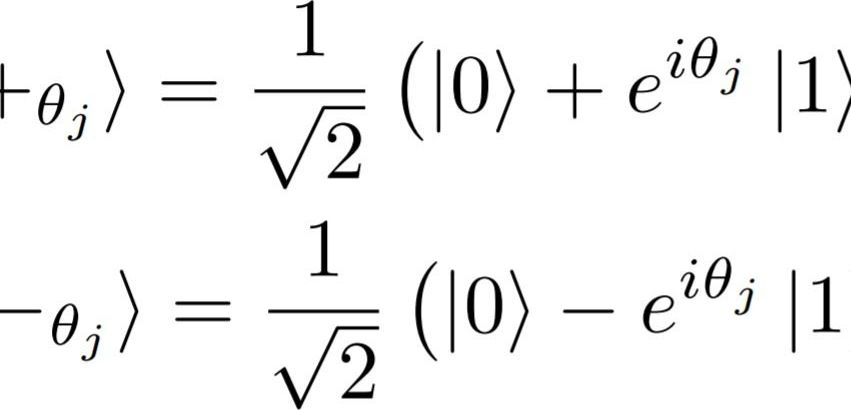Page 9501
May 2, 2018
More and wiser health-care spending could save millions of lives
Posted by Derick Lee in categories: biotech/medical, economics, health
Nearly 10% of global GDP is spent on health care, according to the latest data from the WHO. Rich countries spend an average of 12%, with America an outlier well above that; middle-income ones (including China) 6%; and low-income ones just under 6%. In developed countries, 60% of health spending comes from public sources. In poor economies the figure is around 40%. As economies grow and governments are able to allocate more resources to health, the share of individual out-of-pocket spending typically falls. But the variation in such spending in poor countries suggests that the health systems they end up with depend on their choice of public policies.
IN 2013 A GROUP of doctors and health economists argued in the Lancet that a “grand convergence” would be possible over the next two decades. If governments spent more on health, and more wisely, mortality rates in the poorest countries could fall to those seen in the healthiest middle-income ones. That would amount to saving 10m lives a year.
To see what a high-quality health-care system in a developing country looks like, consider the case of Farida Waree, a 55-year-old housewife in Thailand. In early 2016 Mrs Waree felt a lump on her right breast. She went to her local primary-care centre, which referred her to Nakornayok provincial hospital. She was diagnosed with cancer, and over the next year was given a mastectomy, chemotherapy and Herceptin, an anti-cancer drug. Five years earlier her treatment might have cost her 800,000 baht (about $25,000), much more than she and her family could have afforded. Instead, nearly all the costs were covered under Thailand’s Universal Coverage Scheme. The cancer is now in remission. “I consider myself very fortunate,” she says.
Continue reading “More and wiser health-care spending could save millions of lives” »
May 2, 2018
If Trump Gets His “Space Force,” It Would Likely Be Used to Defend Mining Operations
Posted by Klaus Baldauf in categories: geopolitics, law, military, satellites, treaties
For one thing, it appears to violate international law, according to Congressional testimony by Joanne Gabrynowicz, a space law expert at the University of Mississippi. Before NASA’s moon landing, the United States—along with other United Nations Security Council members and many other countries—signed the 1967 Outer Space Treaty. “Outer space, including the moon and other celestial bodies,” it states, “is not subject to national appropriation by claim of sovereignty, by means of use or occupation, or by any other means.” The 1979 Moon Agreement went further, declaring outer space to be the “common heritage of mankind” and explicitly forbidding any state or organization from annexing (non-Earth) natural resources in the solar system.
Major space-faring nations are not among the 16 countries party to the treaty, but they should arguably come to some equitable agreement, since international competition over natural resources in space may very well transform into conflict. Take platinum-group metals. Mining companies have found about 100,000 metric tons of the stuff in deposits worldwide, mostly in South Africa and Russia, amounting to $10 billion worth of production per year, according to the U.S. Geological Survey. These supplies should last several decades if demand for them doesn’t rise dramatically. (According to Bloomberg, supply for platinum-group metals is constrained while demand is increasing.)
Palladium, for example, valued for its conductive properties and chemical stability, is used in hundreds of millions of electronic devices sold annually for electrodes and connector platings, but it’s relatively scarce on Earth. A single giant, platinum-rich asteroid could contain as much platinum-group metals as all reserves on Earth, the Google-backed Planetary Resources claims. That’s a massive bounty. As Planetary Resources and other U.S. and foreign companies scramble for control over these valuable space minerals, competing “land grabs” by armed satellites may come next. Platinum-group metals in space may serve the same role as oil has on Earth, threatening to extend geopolitical struggles into astropolitical ones, something Trump is keen on preparing for. Yesterday he said he’s seriously weighing the idea of a “Space Force” military branch.
May 1, 2018
8 men and women once sealed themselves inside this enormous fake Mars colony for 2 years — here’s what it’s like today
Posted by Genevieve Klien in categories: Elon Musk, habitats, space travel
A decade before Elon Musk founded his fast-rising rocket company, SpaceX, or spoke publicly about colonizing Mars, a different billionaire captivated the world with Biosphere 2.
Ed Bass, an oil tycoon, spent about $250 million to build and operate that facility as a proof-of-concept for a permanent, self-sustaining habitat on Mars. Four men and four women sealed themselves inside the airtight space in September 1991 and emerged two years later.
The experimental space-age facility served as the stage for a spectacular and controversial story of human endurance.
Abstractions navigates promising ideas in science and mathematics. Journey with us and join the conversation.
May 1, 2018
Swarm may have to answer for launching satellites without US permission
Posted by Genevieve Klien in categories: finance, government, satellites
What happens if you launch satellites into space without government permission, but with government funding?
We may find out soon, according to the Federal Communications Commission, which regulates satellite operations by US citizens and companies. It has completed an inquiry into the January launch of four small satellites built by a start-up called Swarm Technologies, and has referred the case to its enforcement bureau, according to a spokesperson.
The FCC, which does not comment on potential enforcement actions, can propose financial penalties and ban companies and individuals from operating satellites. Swarm’s CEO, Sara Spangelo, did not respond to a request for comment.
Continue reading “Swarm may have to answer for launching satellites without US permission” »
May 1, 2018
If quantum computers threaten blockchains, quantum blockchains could be the defense
Posted by Genevieve Klien in categories: bitcoin, business, computing, encryption, quantum physics
Business Impact
If quantum computers threaten blockchains, quantum blockchains could be the defense.
Quantum computers could break the cryptography that conventional blockchains rely on. Now physicists say a way of entangling the present with the past could foil this type of attack.
May 1, 2018
Thousands of prominent AI researchers tell Nature they won’t have anything to do with its new paywalled journal
Posted by Genevieve Klien in category: robotics/AI
It’s 2018, and the Open Access debate has been settled: institutions, researchers, funders and the public all hate paywalled science, and only the journal publishers — whose subscription rates have gone up several thousand percent in recent decades, despite the fact that they don’t pay for research, review, editing, or (increasingly) paper — like locking up scholarship.
May 1, 2018
Rejuvenation Roundup April 2018
Posted by Steve Hill in categories: genetics, life extension
As April ends and, at least in the Northern Hemisphere, summer approaches, let’s have a look at the progress of worldwide efforts to extend the summer of life.
Kazan 2018: Interventions to Extend Healthspan and Lifespan
The highlight of April was unquestionably the Interventions to Extend Healthspan and Lifespan Conference, which was held in Kazan, Russia on April 23–26. Featuring over 40 distinguished speakers from the field of aging research, this conference, which was the fifth in the series, included talks on epigenetics, genomics, metabolomics, aging biomarkers, bioinformatics, effective advocacy, and more. LEAF board director Elena Milova attended the event and had the chance to interview several of the experts present, such as Dr. Andrei Gudkov and Professor David Gems. We will publish more interviews of these speakers in the coming weeks, so stay tuned!

ALON — Transparent Aluminum — is a ceramic composed of Aluminium, Oxygen and Nitrogen. Transparent Aluminum, was once pure science fiction, a technical term used in a Star Trek Movie from the 80’s.
In the movie Star Trek 4 The Voyage Home, Captain Kirk and his team, go back in time to acquire 2 whales from the past and transport them back to the future. Scotty needed some materials to make a holding tank for whales on his ship, but had no money to pay for the materials.

















